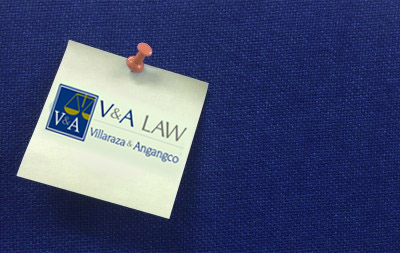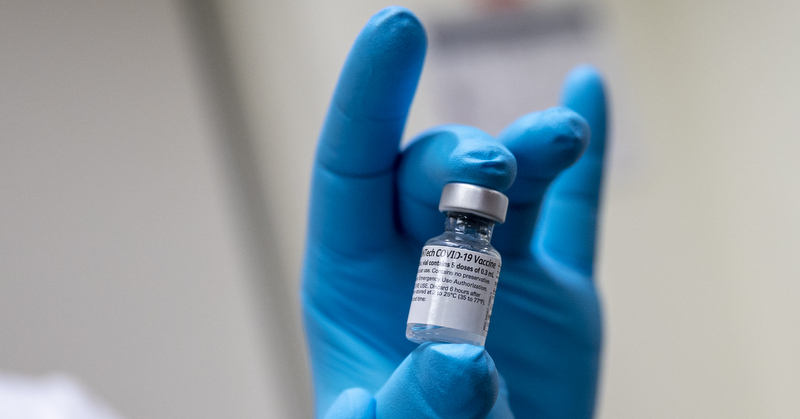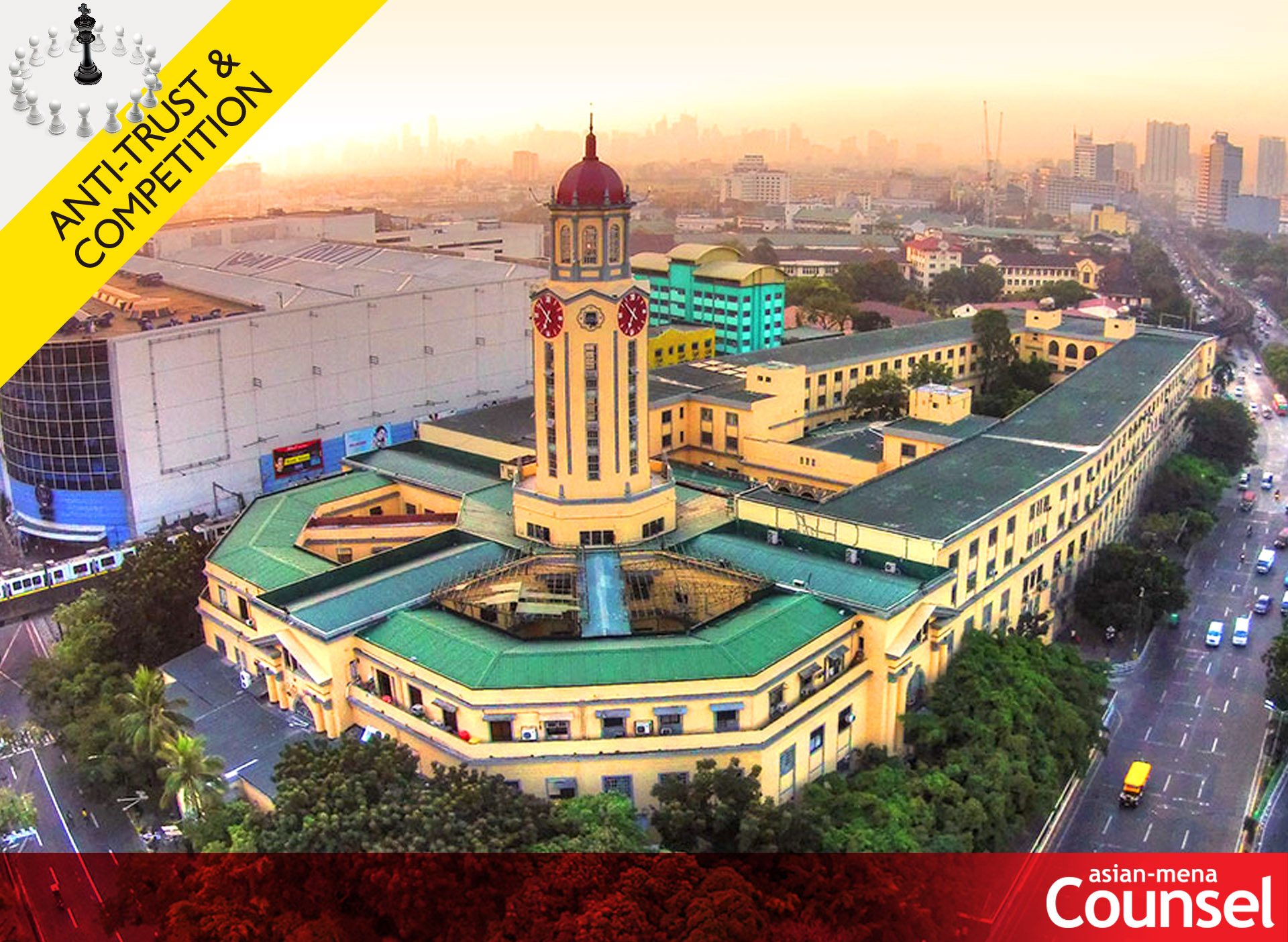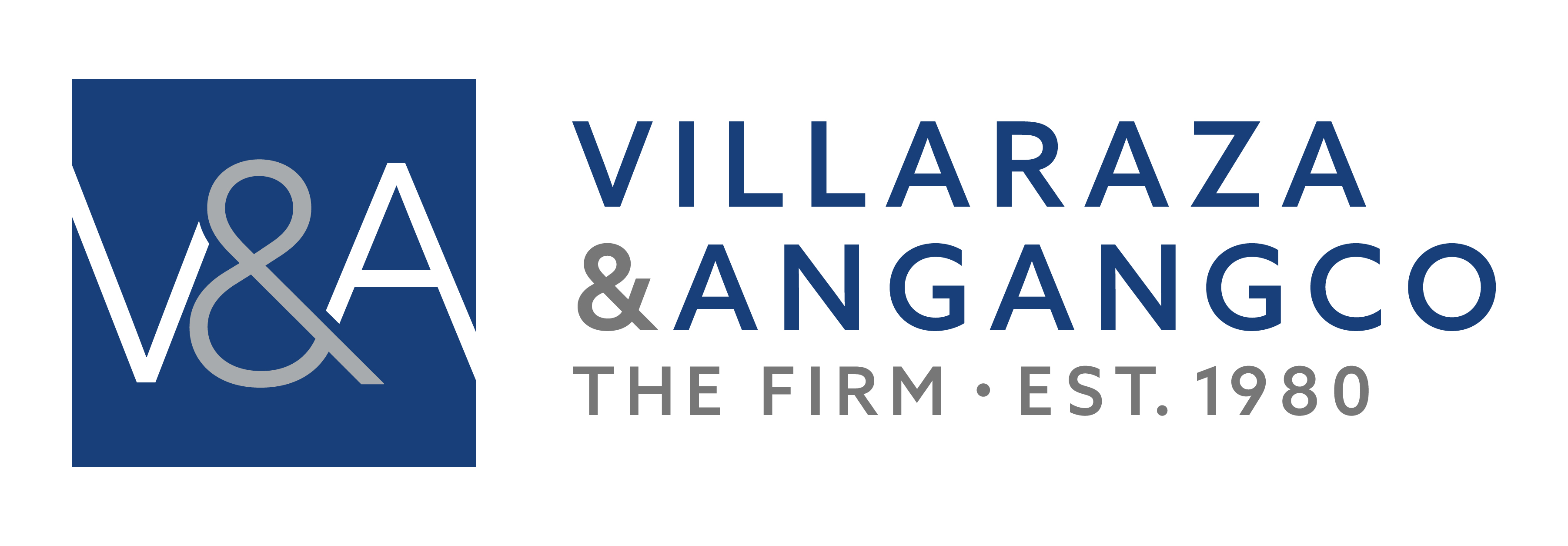By Franchette M Acosta, Senior Partner, Villaraza & Angangco
On May 10, 2018, the Anti-Money Laundering Commission issued regulations which identify jewellery dealers, dealers in precious metals and dealers in precious stones as covered persons. Company service providers extending the following services to third parties are now also considered covered persons:
- Acting as a formation agent of juridical persons
- Acting as director or corporate secretary of a company, a partner of a partnership
- Providing a registered office, business address or accommodation
- Acting as a nominee shareholder
Similarly, lawyers and accountants providing the following services are considered covered persons:
- Managing of client money or other assets
- Management of bank, savings, securities or accounts
- Organisation of contributions for the creation, operation or management of companies; and
- Creation, operation, or management of juridical persons or arrangements, and buying and selling business activities
These covered institutions must designate a member of senior management as compliance officer to ensure day-to-day compliance. Among others, within 90 days from effectivity of the issuance, the covered persons must have available for inspection their Updated Money Laundering/Terrorist Financing Policies and Procedures. In addition, the compliance officer is required to submit to the Anti-Money Laundering Council a sworn certification that such policies and procedures have been prepared, as noted and approved by the covered persons’ governing body.
The compliance framework to be adopted include the implementation of policies procedures and controls designed to detect and prevent money laundering activities, such as compliance regime, risk assessment procedure, customer due diligence, training, detection, record keeping and reporting of covered and suspicious transactions. It is also the obligation of the covered person to identify, assess and understand its anti-money-laundering risks taking into account its business, customers, products and services and geographical exposures, among others. Upon identifying risk factors, appropriate risk management and policies and practices must be developed and implemented. The governing body of the covered person is ultimately responsible for ensuring compliance with the Anti-Money Laundering Act and its rules and regulations.
The following summary of portions of the AMLC Regulatory Issuance (B) No. Series 1 of 2018 dated May 10, 2018 is for information purposes only and is not intended to constitute legal advice.

























 Villaraza & Angangco Law
Villaraza & Angangco Law Kristin Charisse C. Siao
Kristin Charisse C. Siao Ma. Carla P. Mapalo
Ma. Carla P. Mapalo Richard Henrick I. Beltran
Richard Henrick I. Beltran



